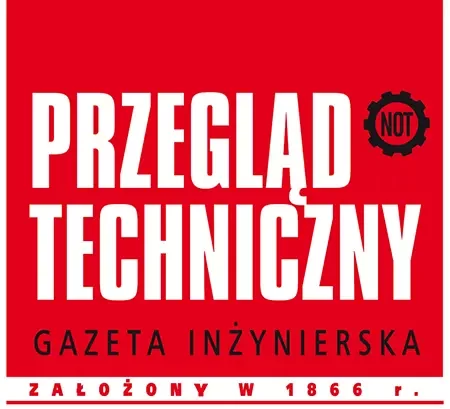Be an influencer
We are approaching the end of 2023. It has been a difficult year. The ongoing war in Ukraine, the conflict in Gaza, rampant inflation, parliamentary elections and the uncertainty surrounding the change of power. In this not-so-optimistic situation, it would seem that the information reported at the end of October by the Ministry of Family and Social Policy that the registered unemployment rate was 5% is positive news. It certainly is, but there is also the other side of the coin – a shortage of hands to work. And this is especially evident in the “technical” professions. Every year, the Ministry of Education and Science announces a forecast of the demand for workers in the occupations of technical education. In 2023, the ministerial list included 33 positions, among them, such professions as automation technician, carpenter, roofer, electromechanic, mechatronics technician, machine tool operator, electrical technician, mechanical technician, robotics technician, welding technician, among others. The market also lacks IT specialists, which is not just a Polish problem. The Polish Economic Institute estimates that the labor shortage in our country’s IT market has already reached 150,000 FTEs. Significantly, there is also a quality gap in Poland – about 42% of vacancies in this industry are due to insufficient competence of candidates.
The situation is not improved by the state of vocational education, which leaves much to be desired. According to an opinion on the functioning of vocational education in Poland expressed by Business Centre Club expert Katarzyna Lorenc, commissioned by the Supreme Audit Office, trade schools are perceived by students and their parents as a negative choice. There is a lack of promotion of the professions with information on salaries and a description of the role that graduates of these schools play in society.
Schools, on the other hand, choose those fields of study that are popular with students. This has little to do with actual labor market demand. According to a BCC expert: the trend of negative selection for industry schools should be reversed, and industry education should be provided with the means to train at the highest level. Preference for graduates of trade schools in admissions to technical colleges would help.
Increasing the popularity of vocational schools and so-called “vocational schools. specific professions may not be easy at all, given that today’s children and teenagers dream of becoming Internet stars. The data, presented by analytics firm Morning Consult, shows that 57% of Generation Z (born between 1997 and 2012) would love to become influencers. This attitude of young people is not surprising, since social media is a natural operating environment for them. And it may not be worth fighting it, but try to use the Internet and social networks to promote those career paths that we as a society care about most. Social marketing can be an effective tool for popularizing technology and technical professions among the younger generation.
We write about issues related to vocational education in the current issue in an article titled “Vocational Education. “Education for Science, the Economy and the Labor Market,” presenting the 9th conference entitled “Education for Science, the Economy and the Labor Market. “We are united by vocational education,” organized periodically by the Federation of NOT Scientific and Technical Associations and the Polish Craft Association.
The issues of education, this time at the tertiary level, are referred to in the article titled “The education of the world. “We are responding to the expectations of students and the economy,” which talks about Silesian University of Technology’s ideas for attractive and effective teaching of future engineers.
Martyna Jachimowicz



